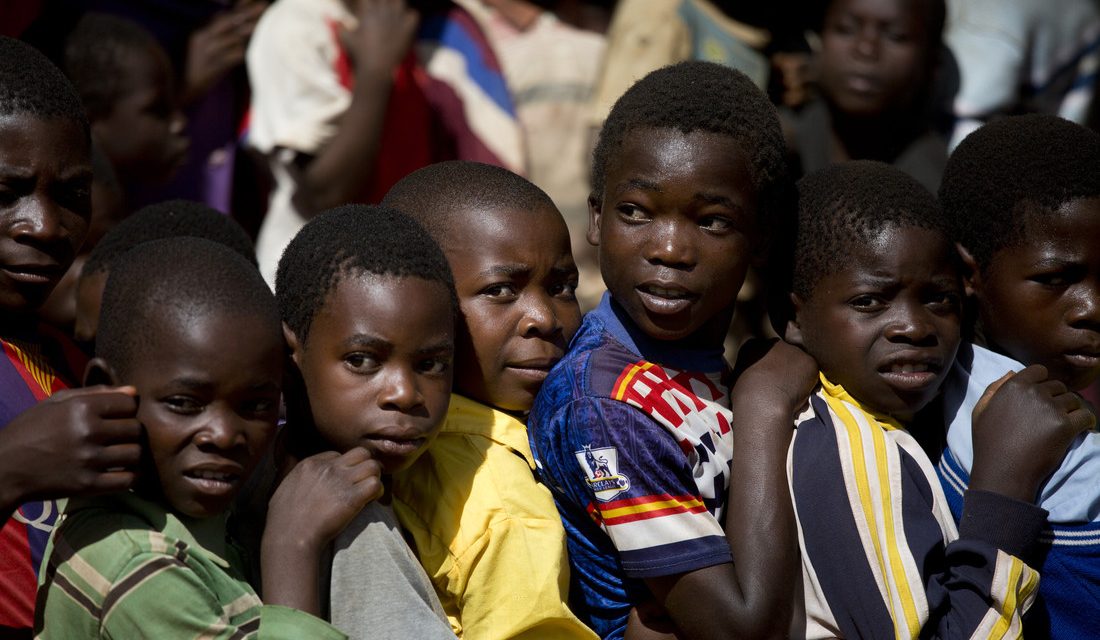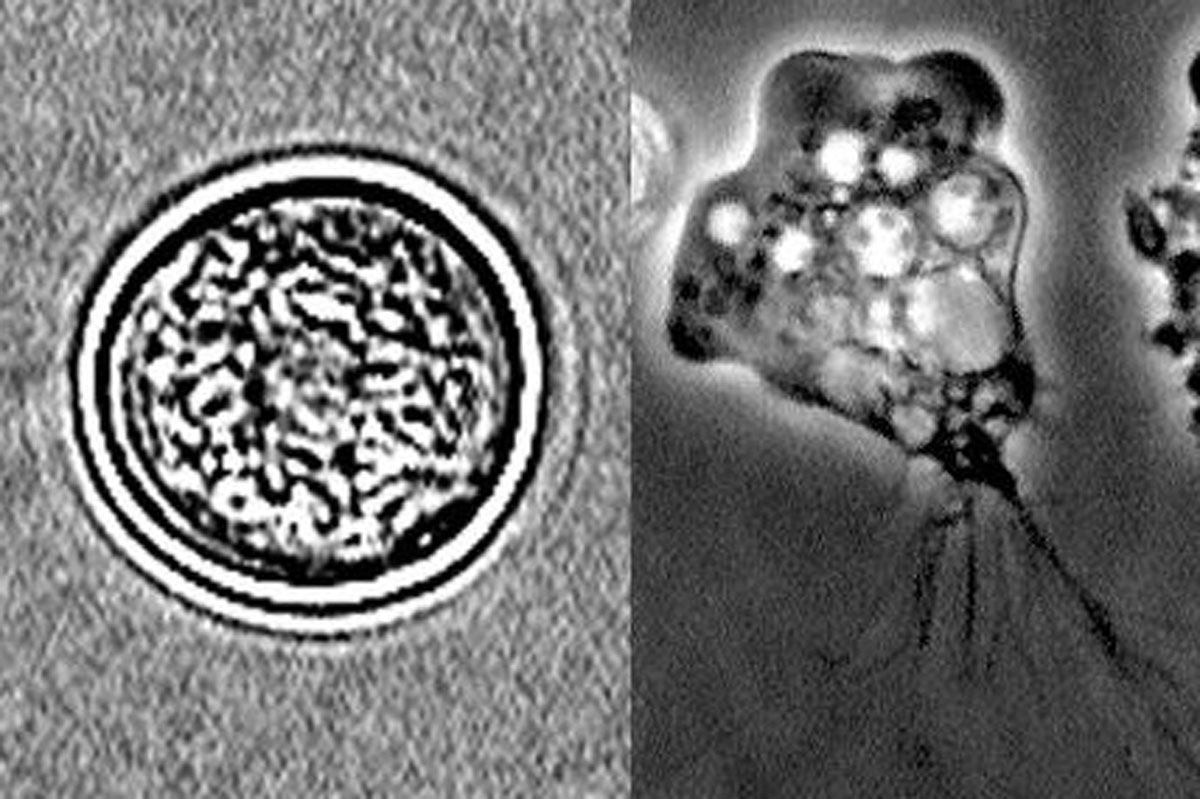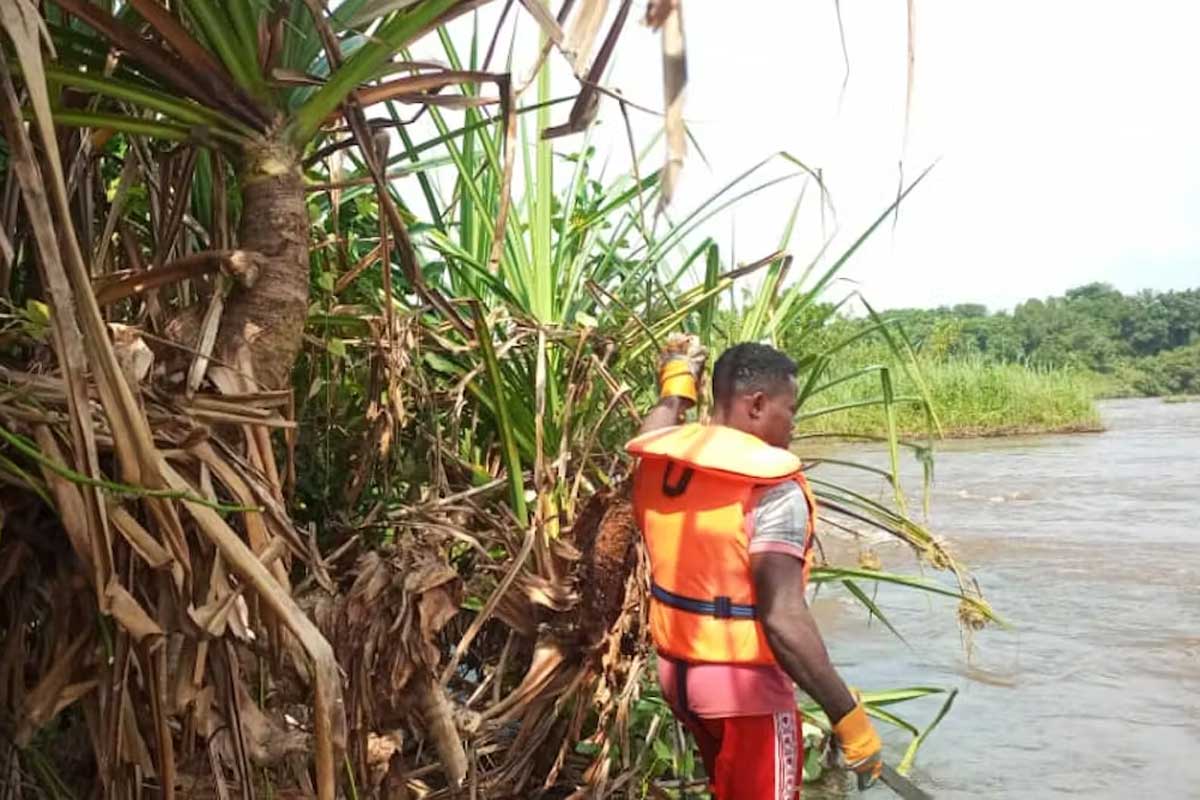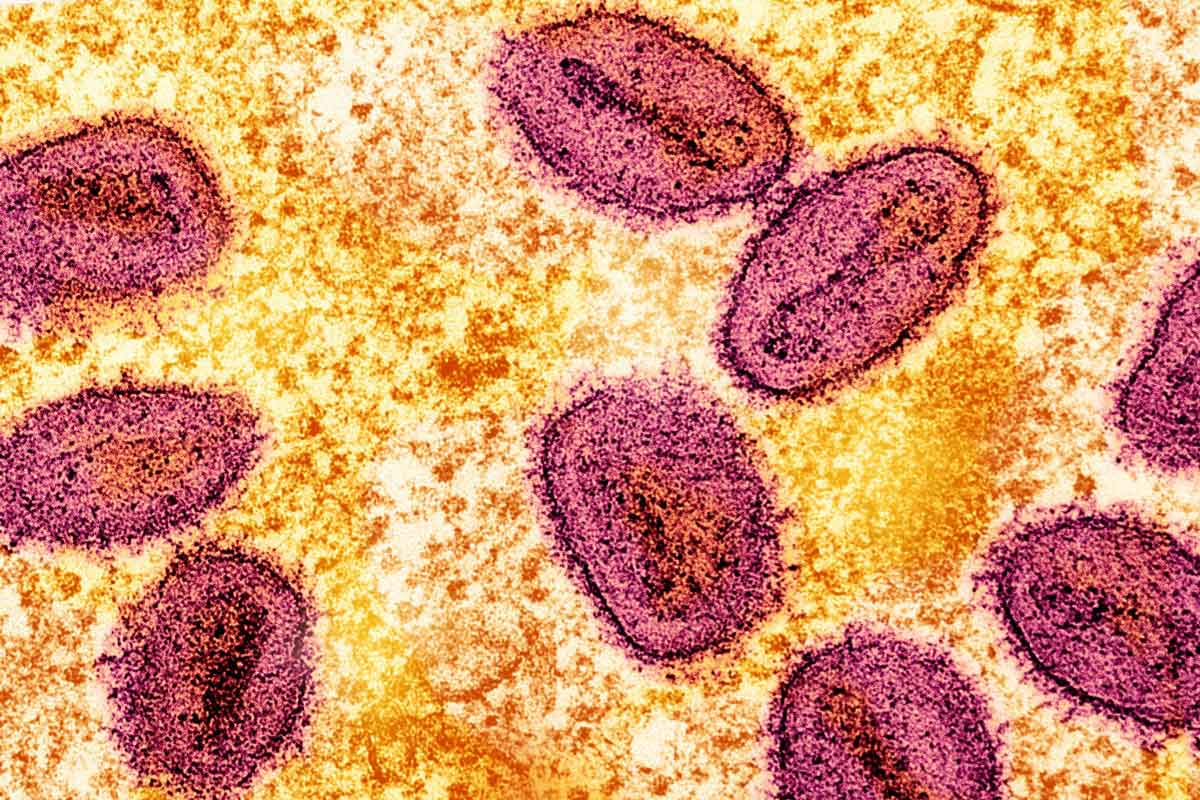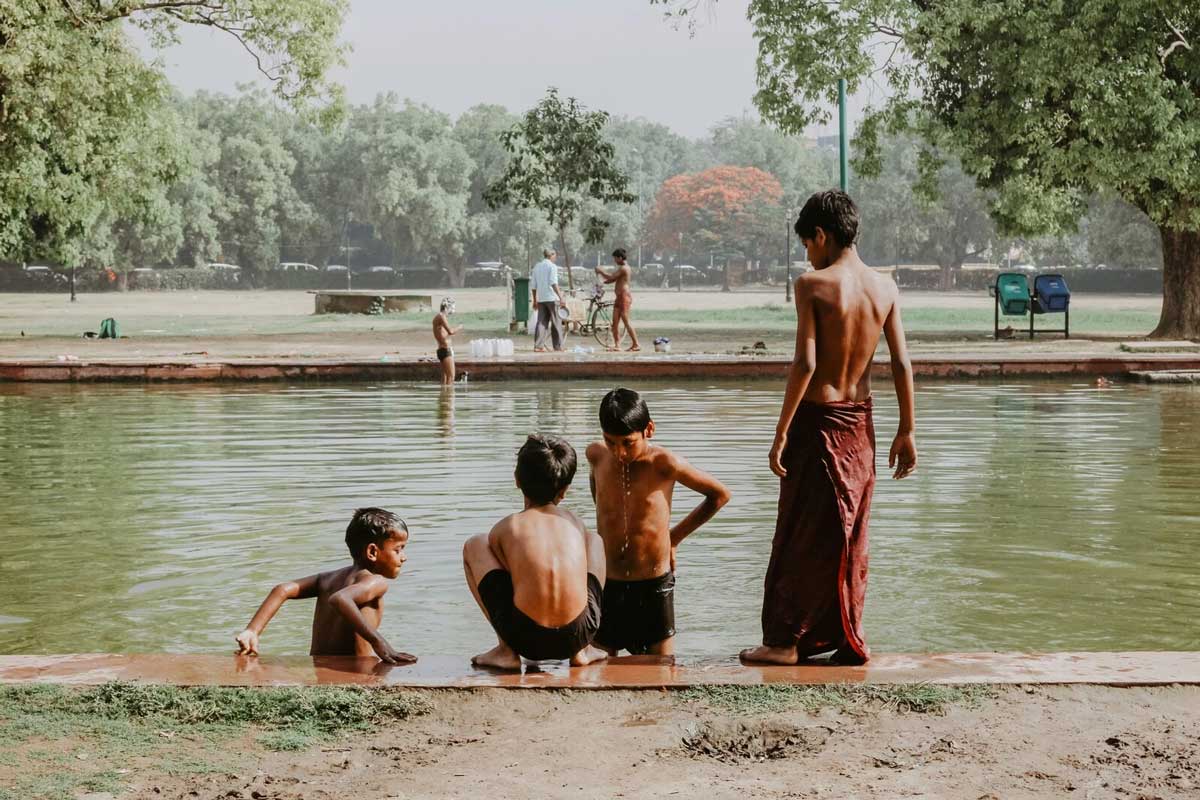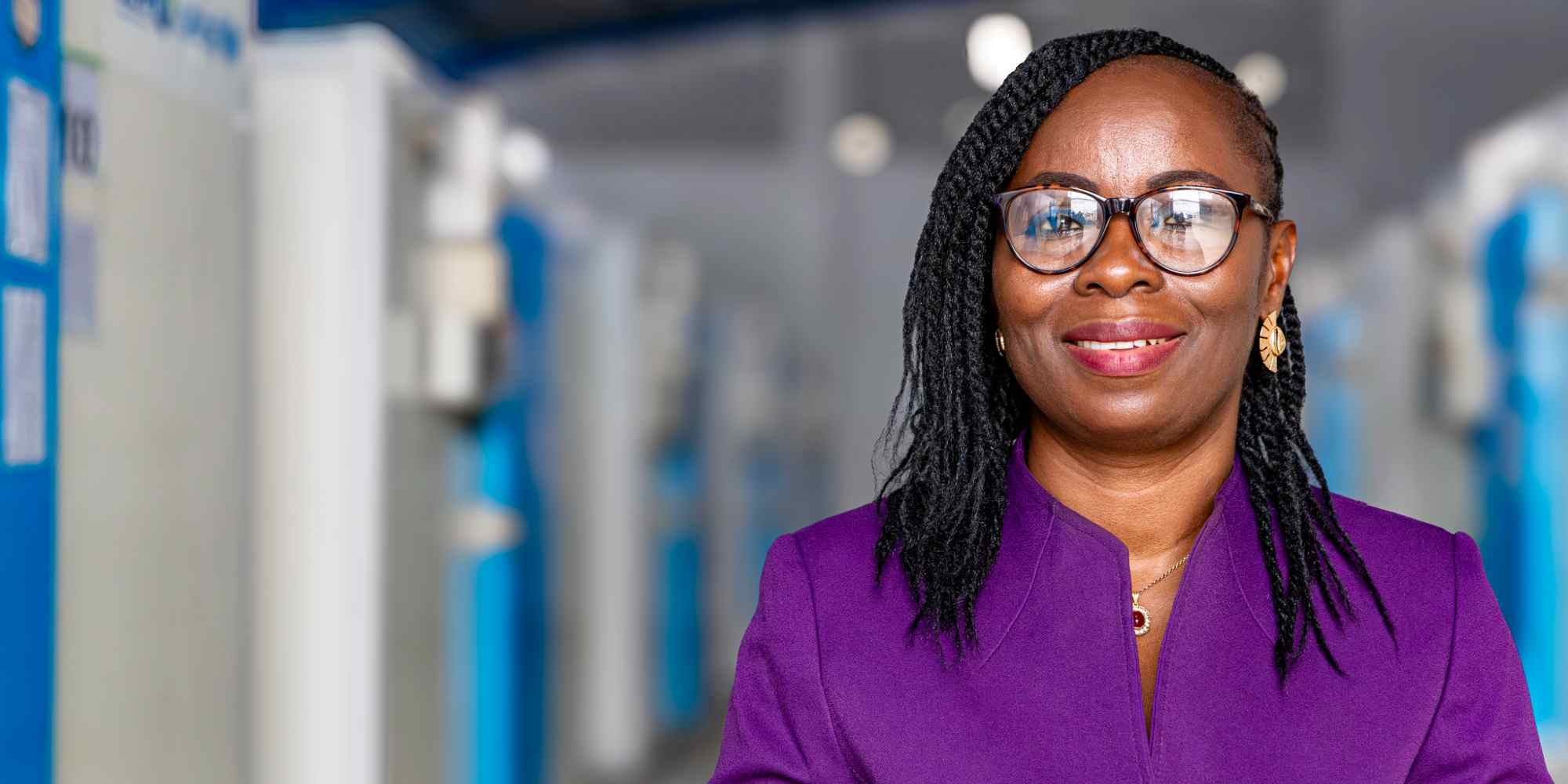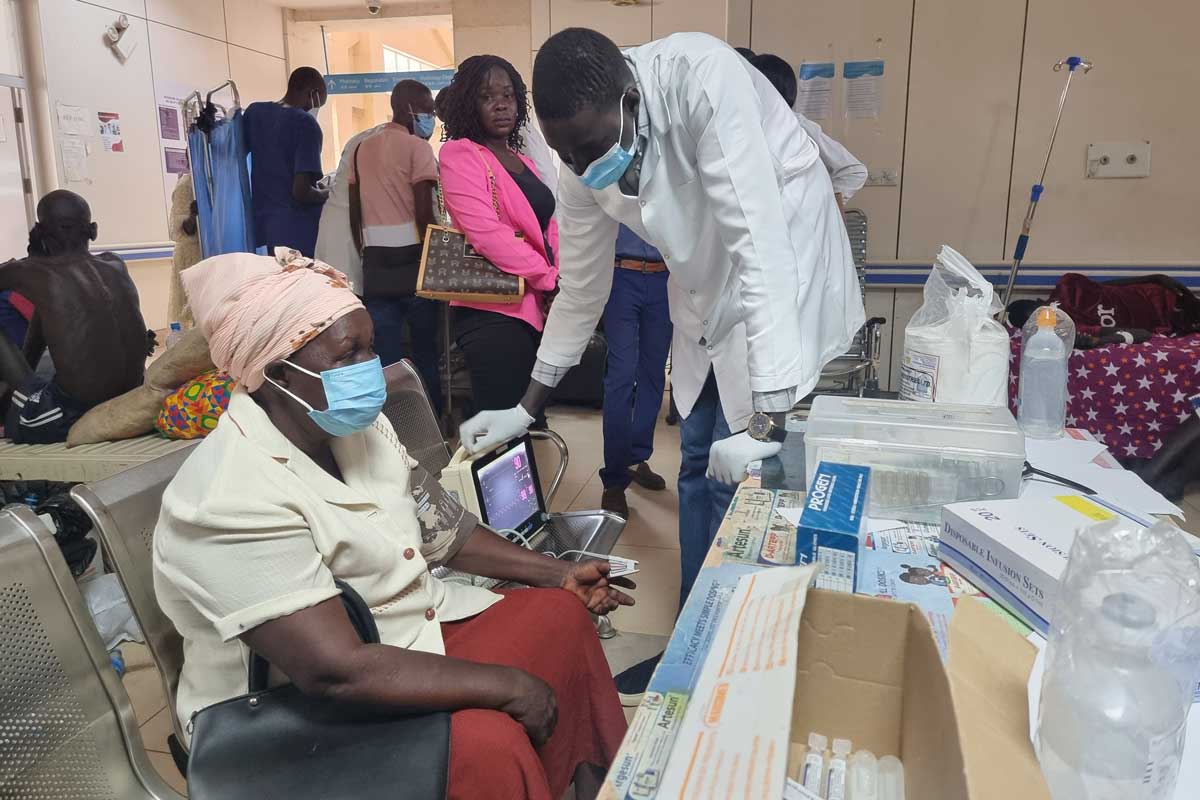Maike Bildhauer, Media & Communications Consultant
In June this year the government of Malawi, UNICEF and WHO conducted nationwide immunisation campaign to protect children from measles and rubella. Nearly 8 million children were to receive the vaccine – a major target which could not have been achieved without massive social mobilisation. As community volunteers, the Lions of Malawi played a key role to make sure the vaccines reached every child. I spoke to Chisomo Gunda, who was at the forefront of the Lions’ efforts, about the campaign week and what motivates her to serve her community.
Almost 8 million children in Malawi have been vaccinated against measles and rubella during the campaign. What does this mean for a country like Malawi?
Measles are still a problem in my country. In 2010 we had a major outbreak, over 200 people died. It is one of the diseases that is very threatening to children especially those under five. It’s a struggle we still face here because we have some people who don’t believe in medication because of their religious and cultural backgrounds. It is very difficult to convince these people. But we also have problems of access. There are some areas that are very remote and it is difficult to reach the children who live there with vaccines, even if the communities are willing. For the mothers to travel long distances just to get vaccines can be a challenge. So measles still poses a threat to young children.
And rubella is a disease that was often mistaken for and treated as measles. This is very dangerous. So the introduction of the vaccine in addition to the measles vaccine is really good for the children of Malawi. Now we can be sure that they are protected from both diseases and that’s a step in the right direction.
What was the Lions’ role during the campaign?
Gavi, the Vaccine Alliance, made funding for the campaign available, and I’m proud to say that the Lions Club International Foundation is very committed to fight measles and rubella and has also contributed to the funding. Here in Malawi we have engaged with the Ministry of Health and other partners like UNICEF, WHO and USAID who all supported the campaign.
Malawi is around 80% rural, in which case you don’t have electricity. This is a major challenge, because to ensure that the vaccine protects our children it has to be kept cold the whole time. Also the health workers needed to be trained to administer the vaccine properly. UNICEF and WHO addressed these gaps with their expertise, but it was us who started voicing them, who identified the needs. This was in the very beginning of the planning, in January this year. But then of course the Lions of Malawi were strongly involved in social mobilisation before and during the campaign.
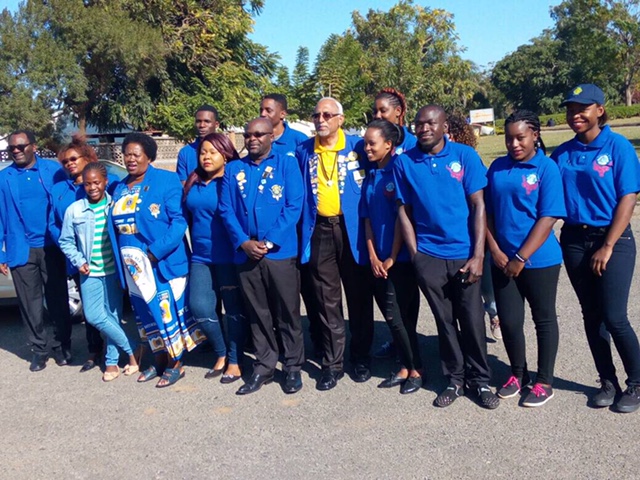
Lions at a measles rubella vaccine campaign launch event. Photo: Lion George Limbani Phiri.
What does social mobilisation mean exactly?
The idea was to make a lot of noise, to spread the word about the campaign and the vaccine. We had to ensure that each and every mother and father in the country is reached with information on the availability of the vaccine and its benefits, as well as where the immunisation sessions would take place so that parents could bring their children. UNICEF had put together communication packages and we have shared these with media outlets, radio and TV stations, so that the information would be spread across the country. We hired public relation experts who moved across the country with buses and cars with speakers on the roof giving out messages through jingles. The campaign started on a Monday, and the Friday before the national launch took place in Kasungu, which is a two hours drive from our capital Lilongwe. All players involved in the campaign took part, including the Minister of Health, and we as Lions also supported and attended the event. We also supported three regional launches, in Blantyre, Mzuzu and Lilongwe, which I attended.
How did you take part?
Together with my Lion colleagues we drove around in our cars and set up tents in the villages. You know, our first goal in the communities is always to show to the people that we are their brothers and sisters, that our children are receiving the same vaccines, so that they see that we don’t bring them anything harmful. The second goal was to make sure that they understand the benefits of the measles rubella vaccine for their children. Here we worked hand in hand with our colleagues from the Ministry of Health. And thirdly it was important to inform everybody when exactly the vaccination sessions would be offered, so that they wouldn’t miss it. That’s what we as Lions did in Lilongwe, Mzuzu, Blantyre, Zomba, all the 300 Lions in Malawi got involved.
How do people react to these activities?
The first reaction you see is curiosity. When they understand that we are friends bringing good news to them, the next thing you see is their enthusiasm and willingness to immunise their children. We help the parents and families feel as comfortable as possible. For this it is absolutely necessary to go to the villages, to people’s homes and speak their local language, so that no distance is between us. We use their local traditional and cultural customs, for example the dances they have for their gatherings and for social functions. This makes them comfortable, so they come and listen to our messages.
This way we build trust and make them feel comfortable with us and the health workers. Then the rest flows very easily because communities understand that we don’t mean any harm.
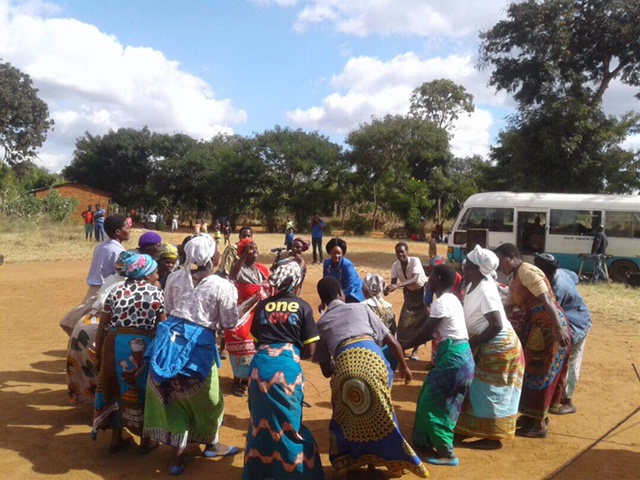
Raising awareness through traditional customs: Lion Chisomo dancing with women in a village during the vaccine campaign. Photo: Lion George Limbani Phiri.
Do you think immunisation campaigns like this could work without this kind of engagement?
Sometimes people only focus on technical results, and think that social mobilisation can be skipped. But when you’re providing a service like the measles rubella vaccination, I want to make sure that we get the maximum impact. And you won’t get the best results if you go to an area and just start. Everybody everywhere has their own priorities in life. But when you invest your time to provide and draw attention to important information, for example through music, drama, leaflets – that’s when you catch their attention. And once they have understood, they will go and speak among their peers, so it becomes a priority. They mobilise each other and that is how you get maximum participation. During a campaign you only have a short period of time to get everybody’s attention and that’s why social mobilisation is very important.
The Lions serve their communities. What motivates you?
I live in a in a developing country in Africa where community needs are always high. Every time you go out to serve it looks like you haven’t done much. The poverty level is very high, the needs are always sprouting out left, right and centre. For me it feels good every time I help to making a difference. It motivates me to contribute to someone’s future, because I am helping to break the poverty cycle.
Chisomo Gunda works in a World Bank funded project as an environmental scientist for the Malawian Government. She joined the Lions Club in 2007 and has hold various positions. Currently she is the Second Vice District Governor of the District 412 of the Lions Club and is based in Lilongwe, Malawi. She is very glad that her 11-year-old daughter Esther Tanyadila, received the measles rubella vaccine during the recent immunisation campaign from her school alongside all her friends.
To find out more about how the Lions Clubs support vaccination globally.
